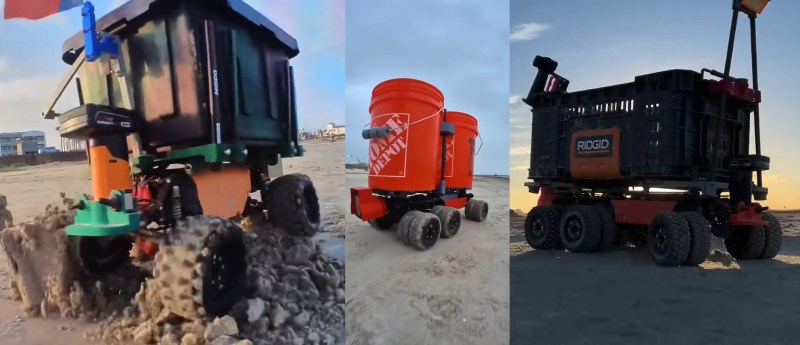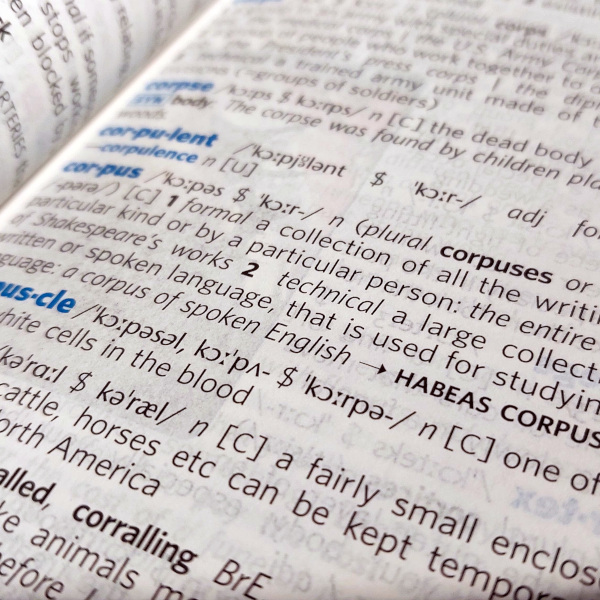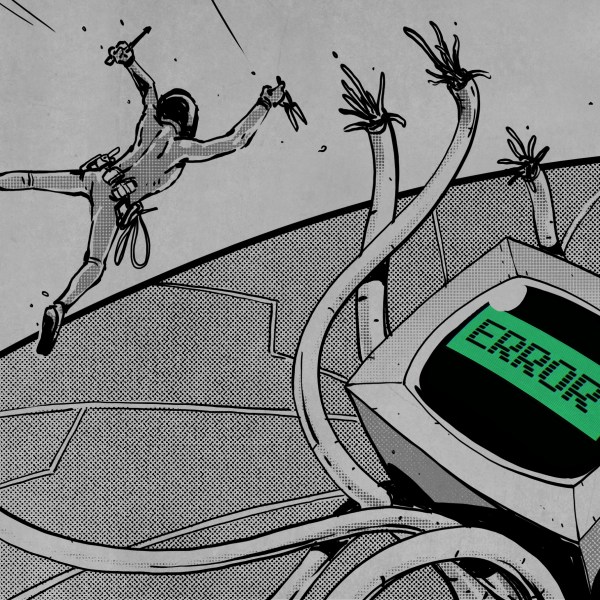There is a depressing amount of trash in our oceans, and a lot of it is washes up on beaches. [Glenn Morris] has turned collecting all this trash into a favourite pastime, using a series of custom radio-controlled Litter Buggies to haul the load.
The most basic versions of these buggies are off the shelf RC rock crawlers, usually a Traxxas TRX-4, with a basket mounted in place of the body. However, [Glenn] has developed the buggies far beyond that, making extensive use of 3D printing to create purpose-built trash haulers. He has created several frame systems to hold removable baskets, buckets, lights and tools. Most of the buggies use lithium power tool batteries to allow quick swapping, and the electric motors, ESCs and gearing is selected for low speed and high torque. Since the buggies spend a lot of time exposed to salt water, almost all the steel hardware on the chassis are replaced with stainless steel. To allow for one handed control, [Glenn] attached 3D printed levers to the steering knobs of the standard RC controllers, allowing steering to be done with his thumb.
We really like what [Glenn] has been doing with these buggies, and think they might be a good platforms for adding some autonomous capabilities. Add a smartphone for target following or obstacle avoidance, or some solar panels and a GPS autopilot system.
















But a used wagon from E-bay or whatever and pull the darned thing around the beach. No batteries to charge, no complicated electronics, you can guide it with one hand, and it can carry your grabber, too.
Remote control is cute, but you have to walk along side it anyway to pick up the trash and to dump it out.
“But a used wagon…” should be “Buy a used wagon…” – missed that typo before posting.
Think “Radio Flyer” or similar. The things kids use to haul stuff around in – and which parents sometimes use to haul kids around in.
I don’t think a radio flyer would make it very well through the sand. Imagine how the wheels would dig in. You need something with big balloon tires. Better yet just get an old sled.
Radio flyer does have a fat tire version, and it does work well on on sand. Very popular in my area for people who live within walking distance to the local beach.
Personally, tough plastic trash bags work well, the bulk of beach trash tends to be on the lighter side.
For *me*, that would change this activity from “fun” to a “chore”. :-)
Have you ever considered that this might be more fun for him?
You get exercise while you’re picking up trash! Win with n.
Maybe this is a precursor to an automated litter picker.
Add some machine vision and a picking-up arm. A solar charging station (then it can come out at night).
Do plastics glow better in certain light (compared to seaweed/sand) possibly UV? To make spotting them easier.
I’ve occasionally wondered if Elon Musk couldn’t make something like this for roadside trash, and possibly roadkill.
A modified autonomous vehicle that goes around and stops in the breakdown lane, with an extendable crane and a claw picker to grab things it sees.
The first units can use self-driving to decide where to stop (and if it’s safe to do so), but use remote video to allow a human to decide whether to actually do the pickup. That would generate data for AI training.
After some time with enough video stored, the AI could become human monitored (instead of human controlled), and ultimately autonomous.
We’ve built an autonomous robot prototype that does this exactly. Check it out in action: https://www.youtube.com/watch?v=Oupy094c5vk
I speak more about this on Embedded.fm: https://embedded.fm/episodes/377
Hackaday wrote about our early work: https://hackaday.com/2017/07/18/rovers-to-the-rescue-robot-missions-tackles-trash/
Here’s a reel where we’ve started our swarm of robots: https://www.youtube.com/watch?v=a46Ll46IuM4
They use the large machines here in Galveston. The problem is it also picks up stuff thats good for the ocean.
They will pick an infinitesimal fraction of the garbage, make few beaches appear cleaner, green wash nicely their visitors while the bulk of the ever growing pile of plastic trash is literally filling up the bottoms of the oceans.
Costly High tech litter picker won´t replace international *regulation* of plastic use and disposal.
Sure, it doesn’t fix the problem globally — but cleaning up locally helps your local environment, and makes conservation efforts more visible.
Every little bit helps.
Maybe.
Like with most ocean plastic cleanup robots I question how much energy is used and CO2 emitted vs how much plastic is actually cleaned up. It’s unfortunate but I suspect most are net negatives for the environment.
Nah you’re right he should definitely just stop picking up litter
The root problem is the attitude of the people who use the beaches and don’t clean up after themselves. This includes going after the trash that gets blown away from your ‘camp’ spot. Until people are serious about not being slobs, we will continue to have this problem.
Picking up stuff on the beach definitely helps especially with sea birds that comb the beaches looking for stuff to eat. Also prevents stuff from getting washed out to sea. and ending up on the bottom like you say. Every piece you pick up is one less piece of the problem. I scuba dive and pick up lines and netting that I see as I go. Will I clean up to world, no…I might save an aquatic animal however.
Looks like something straight out of “A new hope” to me!
“Remember you’re a Womble!”
In The Netherlands, we have specialised materiel to clean the beaches. I think it’s a myth that most Western beaches are not covered in trash because the people are making more efforts to clean up after themselves. Even though a lot of people DO clean up after themselves nicely, there are always those that don’t. But cleaning the beaches simply gets paid for from the tax that people pay (which is a lot more than people pay in the U.S., or in most other underdeveloped countries, actually).
https://www.youtube.com/watch?v=XyWSqSJzqso
And I don’t believe that thousands of rally-attenders never leave any trash behind. There’s always a cleaner crew cleaning up the trash after such rally. I think you should give those people more credit. Just that you don’t see the trash and the cleaners in the media, doesn’t mean they don’t exist. On the contrary. They work hard to give you the illusion that you have a clean country with clean people, and looks like they are succeeding into creating that illusion for you.
Define “covered”. I lived near the beach for decades. Covered to me means nowhere to step without stepping on trash. I’ve seen covered after a storm and it was gone the next day.
Check the news stories about conservative cleanup. I think you will find that a fact.
> Do plastics glow better in certain light?
Short answer: no.
An automated, reliable test with a single, low cost sensor to consistently identify different types of plastic is hard.
Solving this problem is the key to cleaning our planet robotically.
Bonus points if you can devise a test that works underwater (e.g. distinguish a floating plastic bag from a jellyfish).
the real problemo w/ trash…. is there are 2 types of it recycleable or not… all the street trash cans here were i live are filled w/ both , even the trailerpark trash who dump off their household trash into a street trashcan
this site maybbe paywalled, but you block the right scripts, you might could get tru
https://lancasteronline.com/news/local/burning-garbage-fuels-electricity-generation-at-30-year-old-lancaster-county-waste-facility/article_a6665488-db75-11eb-9296-13d3d89f01ec.html
You can distill plastic into diesel fuel. Once the word gets out about that, clean up will happen on its own.
Roving autonomous trash cans on the beaches for people to put their empty drink cans etc into. Then when the can senses it is full it drives off to a lift that picks it up and tips it out into a dumpster.
All the technology exists to automatically sort trash, separating out liquids (water based and otherwise), metals (at least by ferrous and non-ferrous), plastics (by density via various means), glass, and organic solid waste. There are even ways to sort by color, which is especially important for glass because it takes only a few chips of colored glass to tint a batch of clear glass.
Everything not being pulled out for recycling could be mixed with a clay that becomes ceramic when heated. Press that into pellets the size of those water soluble packing pellets then burn them in a cyclonic burner at very high temperature. The waste heat from the burning would be used to help dry the incoming pellets.
The hard, fired, very porous pellets would be ideal aggregate for concrete. For asphalt roads the bitumen would deeply penetrate the aggregate which should increase strength and reduce potholes and cracking.
Such a facility could take in unsorted waste, raw sewage, and output recyclable materials, clean water, and electricity.
I made that exact logic comment somewhere else today.
Automation is just the start, it has to announce, “Death to the humans” every time it picks up a piece of trash